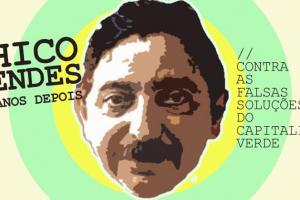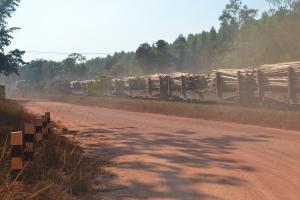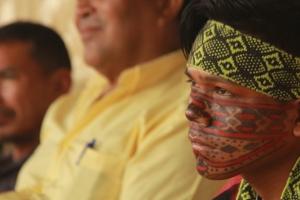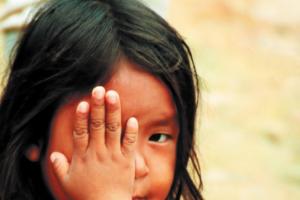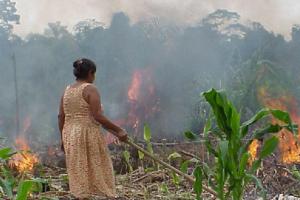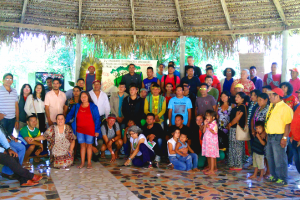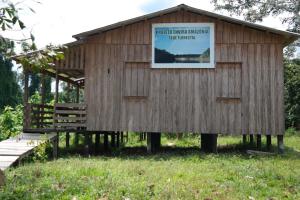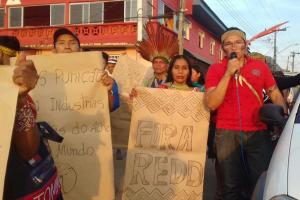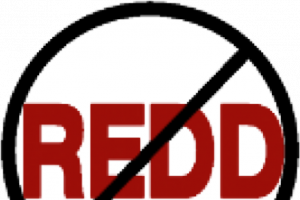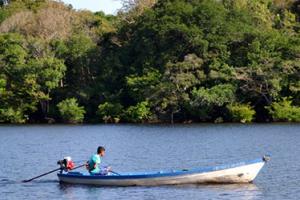Carbon offsetting and REDD
Reducing Emissions from Deforestation and Degradation (REDD+) has become the dominant international forest policy. Variations of REDD+ include Nature-Based Solutions and corporate pledges to achieve Zero Net Deforestation. In reality, though, deforestation continues, polluting companies use REDD+ offsets to avoid reducing their fossil fuel emissions, and zero-net deforestation pledges allow forests to be cleared in one area as long as an “equivalent” area is restored elsewhere.
(Only available in Portuguese) Os povos das florestas convidam a Marcha em Xapuri: Com Chico Mendes no empate contra o capitalismo verde. 14 de dezembro, 17 h, Xapuri, Acre, Brasil.
For years, WRM has been warning many certified monoculture plantations in Brazil have been established on land for which titles were obtained fraudulently. This article discusses the case of two companies that operate in the Brazilian Amazon: Agropalma and Jari Florestal.
A compilation of articles from the World Rainforest Movement Bulletin on the occasion of the Global Climate Action Summit to be held 12-14 September, in California, United States
(Available only in Portuguese and German)
Fires in the Amazon are occurring more frequently and with greater intensity. But who is really burning the forests?
People from the forests gathered in Sena Madureira, Acre, to denounce the false solutions of green capitalism and demand their right to their lands.
The FSM-REDD project has sold carbon credits to offset programs for at least two airline companies. Yet behind this is an increase in deforestation in the region, a history of land grabbing, the use of certifications that no longer exist and unfulfilled promises to local communities.
A rubber tappers community, part of a 40,000-hectare REDD+ project, faces a difficult struggle to maintain their way of life. The project has already sold carbon credits, yet to date only provided the local community with dental kits and a visit to the dentist.
